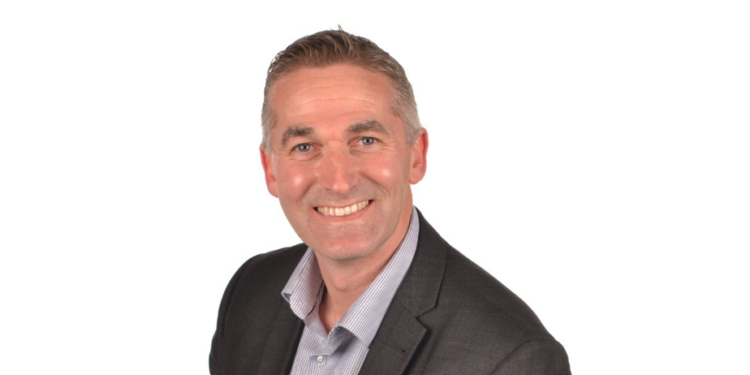The £2.7m hit from the autumn Budget’s employer national insurance contribution (NIC) hike has meant Housing21 is exploring whether it needs two life assurers, revisiting its group income protection offering and looking into how it can “sweat” the other benefits it offers its employees.
This is according to Ian Hodson, director of people and culture at the not-for-profit retirement provider (pictured), who was participating in a panel session on pay and benefits organised by the London HR Connection at Aon’s offices in the City of London yesterday.
Hodson explained that the hit to the business from the chancellor’s employer NICs rise during the autumn Budget came in at around £2.7m.
“Does it mean that we change things?” Hodson said.
“Yes, in reality, it’s meant that we’ve dropped our pay increase by half a percent to make the books balance.
“So that’s what it’s meant in real terms.
“But we can’t absorb £2.7m that we weren’t expecting.”
“So what’s it’s meant is that the pay increase has dropped and what’s it’s meant is that as a department we start looking at what’s going to compensate for that?”
But it has also meant looking at other possible cost savings, Hodson said.
“So we start looking at things like life assurance. We’ve got two life assurance providers. Can we consolidate and put it under one?
“Would we have done that before? Probably not. Should we do it now? Yeah, I think we should.
“Things like group income protection that we offer, we start looking at the relativity of what that’s actually costing us in terms of is that a benefit that we continue?
“It’s back to the point that you look at how many people actually benefit from it, is that a good value for money for what it’s actually returning?”
And it has also meant meeting with the firm’s benefits partners.
“It’s going out to our partners and getting them to sweat some of the benefits and providers who are looking at things like the cash plan and the health plan to say what more could you be doing for us then?
“Even the EAP [employee assistance providers]and the health providers – what more can you do then?
“Because we’re paying for a service. We’ve got to start extending this out now.”






